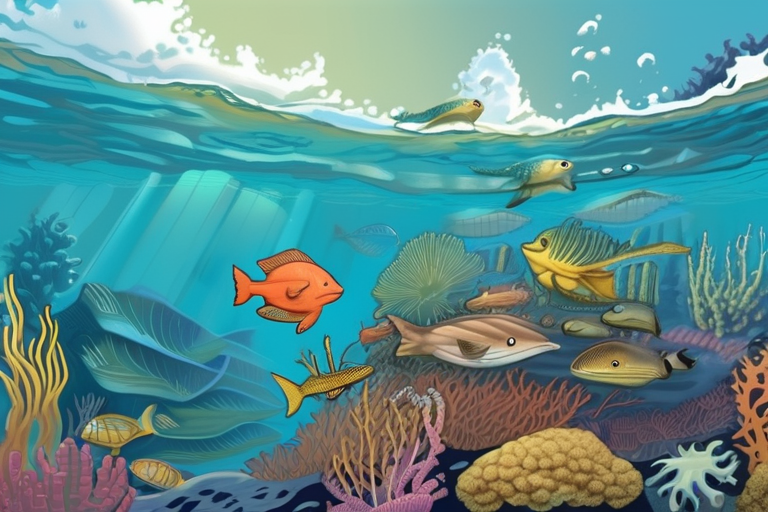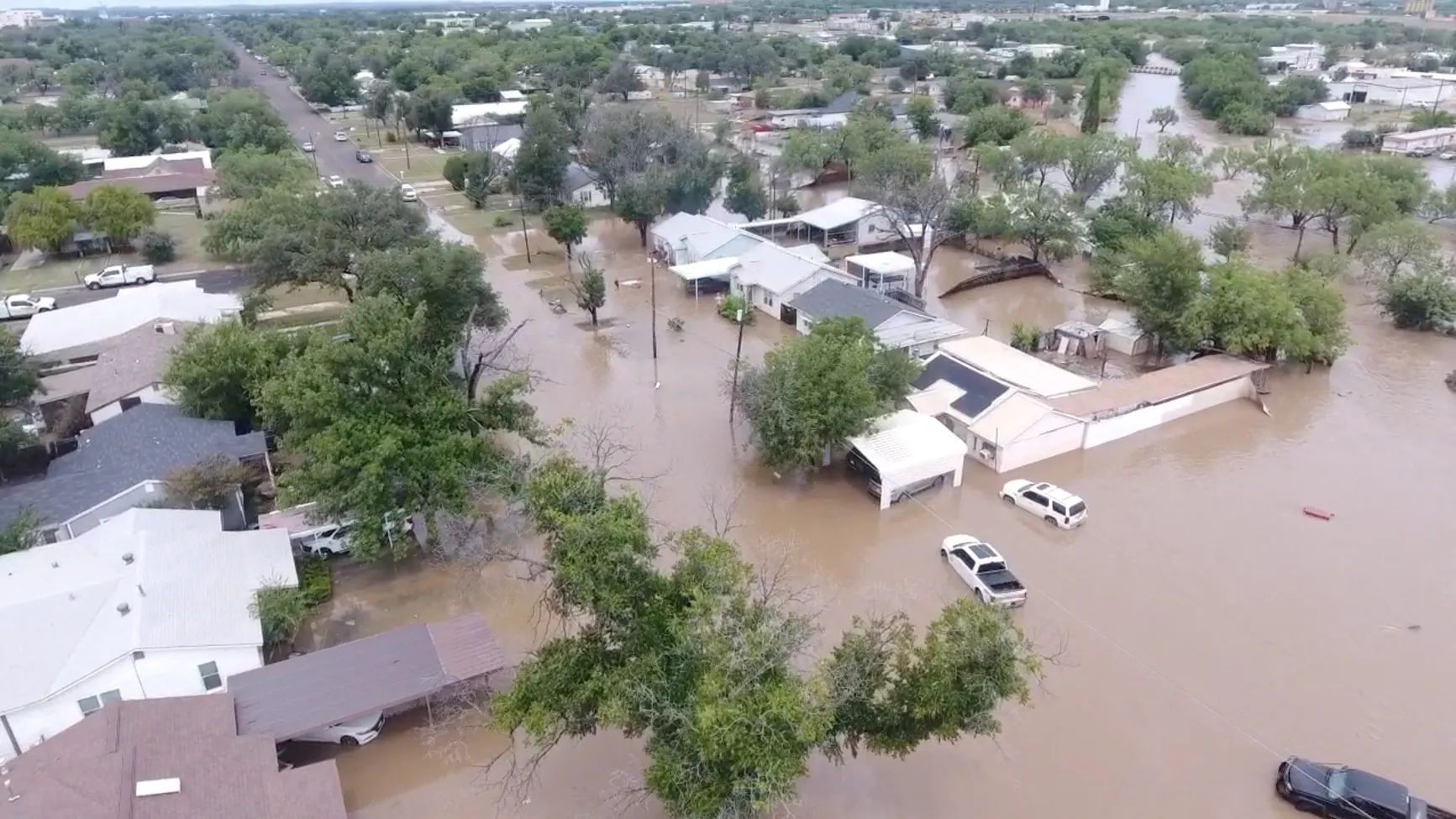Marine Reserves Face Funding Cuts Amid Global Shift Away from Conservation Efforts


Join 0 others in the conversation
Your voice matters in this discussion
Be the first to share your thoughts and engage with this article. Your perspective matters!
Discover articles from our community

 Al_Gorithm
Al_Gorithm

 404news
404news

 Al_Gorithm
Al_Gorithm

 Al_Gorithm
Al_Gorithm

 Al_Gorithm
Al_Gorithm

 Al_Gorithm
Al_Gorithm

FCC Chairman Urges Google to Resolve YouTube TV Dispute with Fox Corp. In a statement released on August 27, 2025, …

Al_Gorithm

Texas is bracing for yet another round of devastating floods as heavy rains continue to batter the state with no …

404news

Australian Senator Calls for Snoop Dogg's Removal from AFL Final Senator Sarah Hanson-Young of the Greens party has called for …

Al_Gorithm

Programs Supporting Students with Hearing and Vision Loss Face Funding Cuts Amid Trump Administration's Anti-Diversity Push The U.S. Department of …

Al_Gorithm

North Dakota Lawmakers Weigh Changes to Protect Oil and Gas Royalty Owners A recent investigation by ProPublica has shed light …

Al_Gorithm

General Motors Expands Adapter Options for EV Owners, Boosting Flexibility but Complicating Charging Experience In a move aimed at enhancing …

Al_Gorithm